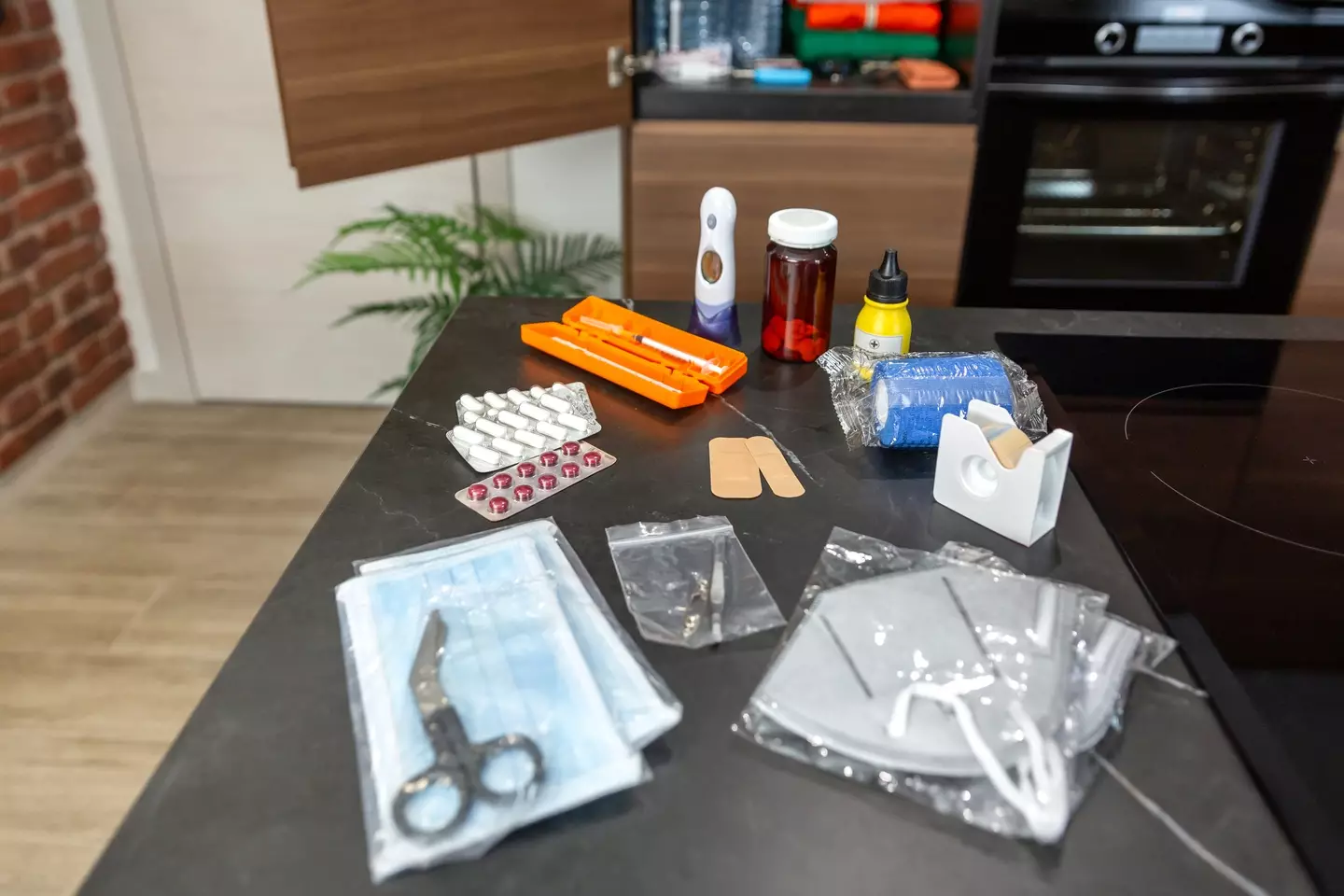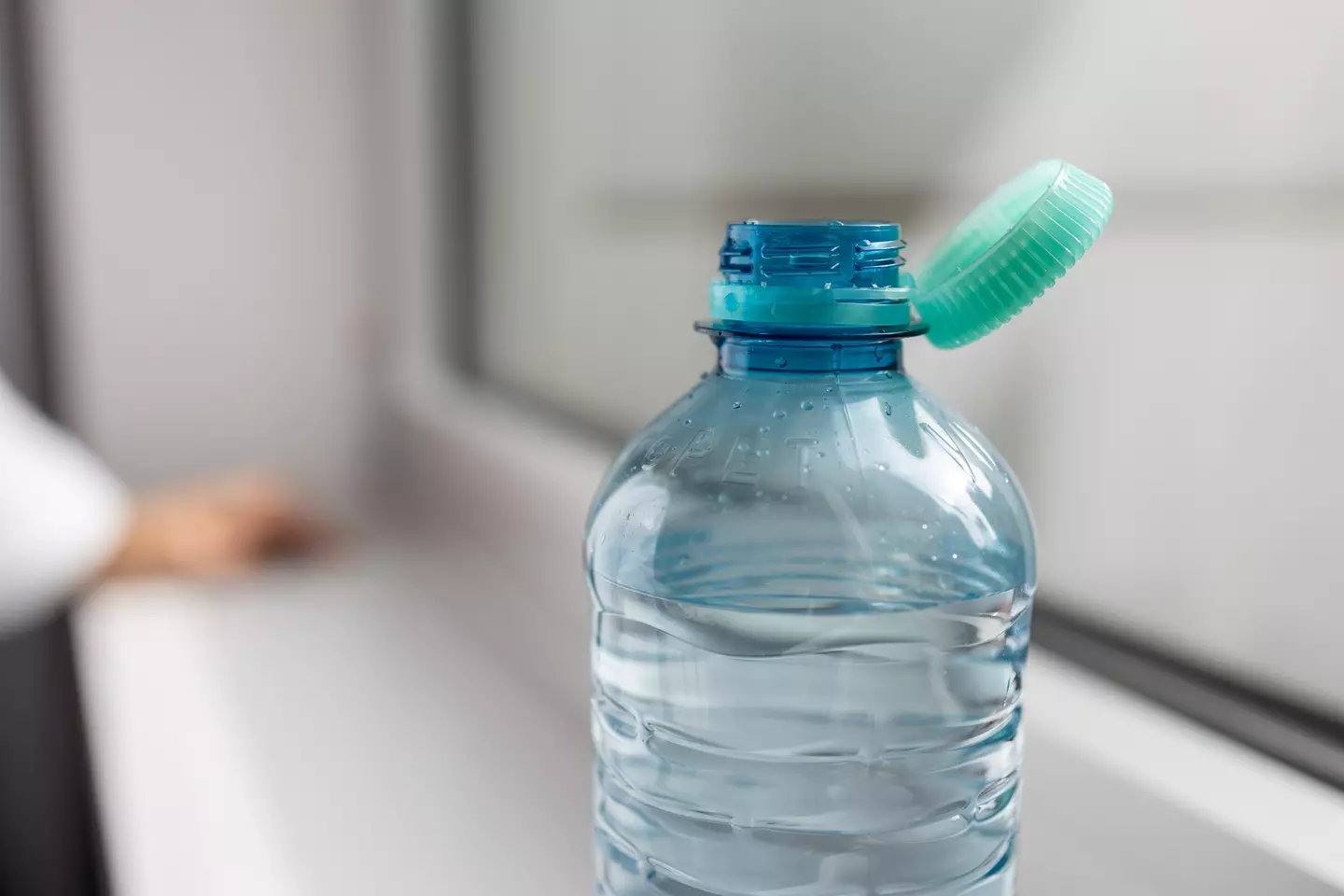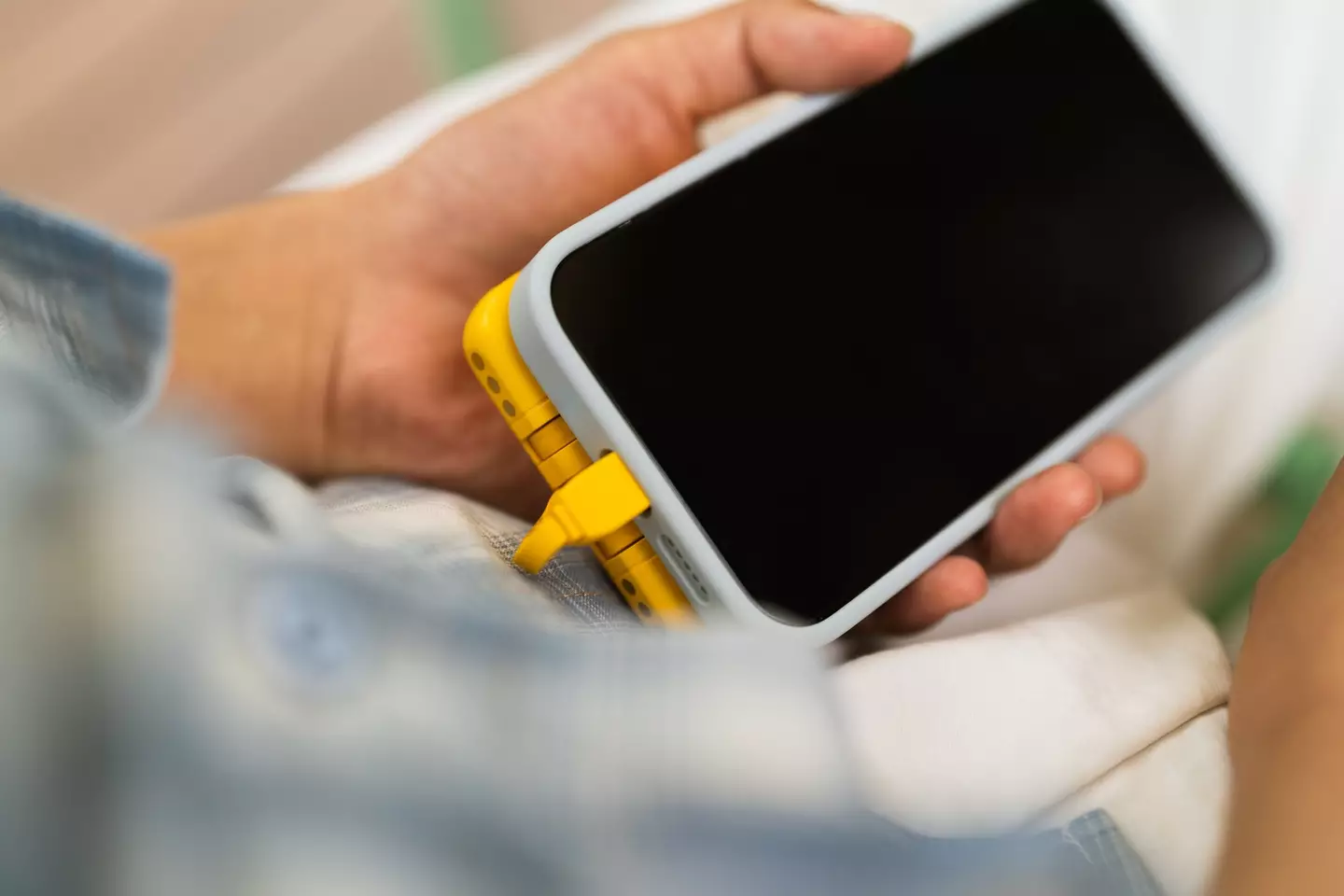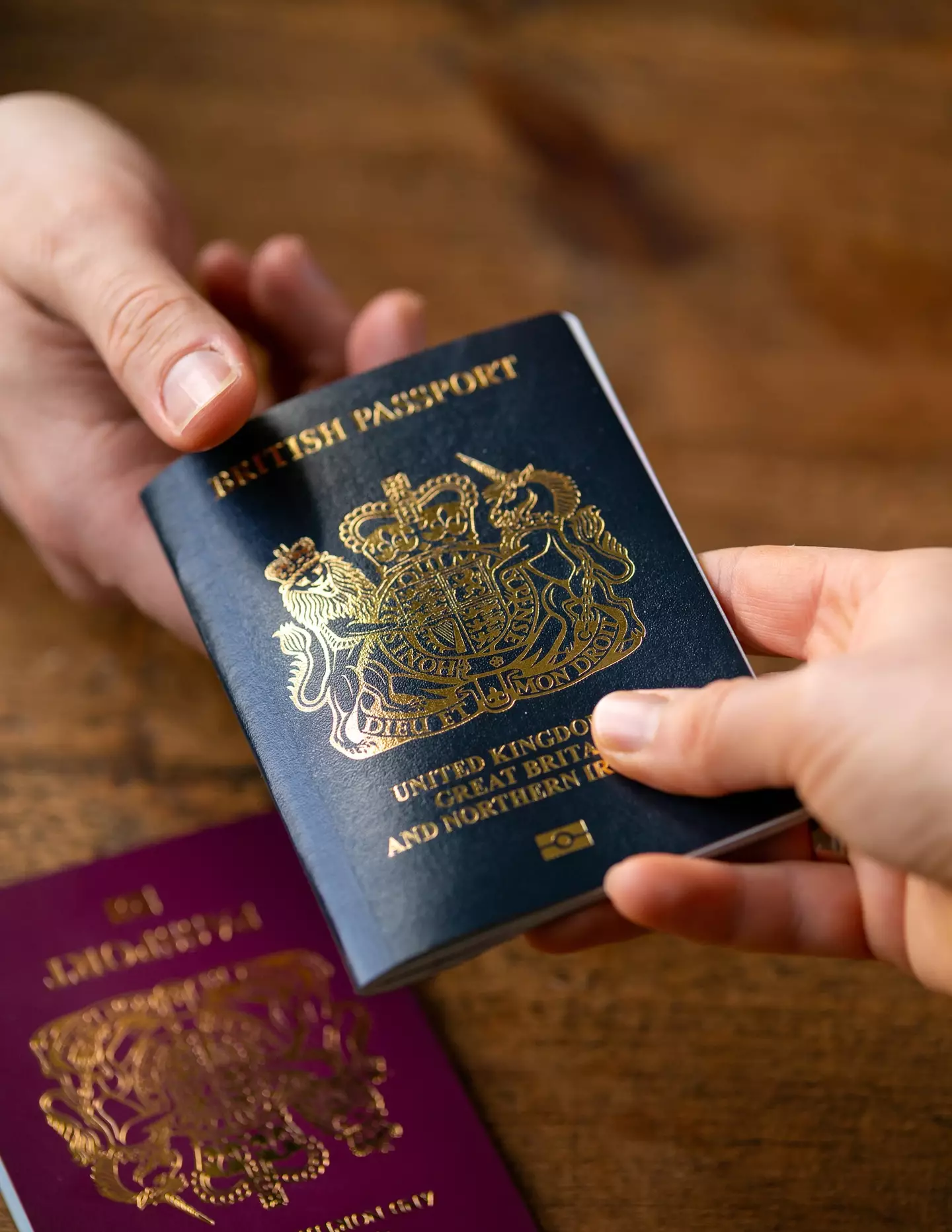
The idea of having a 'ready to grab and go' survival kit might seem far fetched, but it's something people are being urged to consider.
Earlier this year, a warning from the European Union (EU) warned millions of people that they need to prepare a kit that could help them survive for three days, and the idea of using it is thought to be more and more likely.
Whilst natural disasters such as flooding or an earthquake might be one reason you'd need to use a '72-hour survival kit' like this, the EU has stressed there's also increasing concern over 'growing geopolitical tensions and conflicts'.
This means the threat of a potential World War III looms, whether we like it or not.
Advert
"Preparedness must be woven into the fabric of our societies — everyone has a role to play," EU Commissioner for Preparedness, Crisis Management and Equality Hadja Lahbib, said.
"Today’s threats are fast, complex, and interconnected; our response must be more proactive, more integrated, and more coordinated at European level. By harnessing the energy of our institutions, businesses, and citizens, we can build resilience and ensure Europe emerges stronger from crises."

Lahbib previously suggested that the circa 450 million EU citizens should make sure they had the means to light their way, a Swiss Army knife and a battery-operated radio.
Yet other items including water, food and technology are also considered to be essentials.
Bottled Water
The body is said to be able to go three days without water, but that's it, so having hydration is key for the 72 hour survival kit.
However, it's important to note that downing a bottle of H2O on day one wouldn't exactly be the most sensible idea in the world, as you may have to ration out the contents of the survival kit.

The body ideally needs between three to four litres of water a day, which is a hefty amount to carry around in a survival kit, so experts have previously stressed that having a water filter can be helpful to make any liquid you find drinkable.
Food
Food is an obvious one for any method of survival, and whilst the body can go up to three weeks without food, it's not wise to try and cut it out. The effects of starvation can be felt physically and mentally, so having snacks and sustenance is advised.
Energy bars and canned food that doesn't go off are recommended, though if you're planning on canned goods being on the menu then you'd best remember to bring a tin-opener with you.
Portable charger
Technology is essential in today's modern world, and that means making sure devices like phones are charged and useable - especially if there's a risk the power will be out.
These days, we use our phones for everything, from basics like directions and communication to learning about the developing disaster around you.
Government alerts are often delivered directly to phones, which could keep you posted on what's happening or on where you can find help.

First Aid Kit
We're not just talking a couple of plasters and antiseptic wipes - a good first aid kid might also include essential medication like prescriptions and painkillers.
One important thing to remember is to check expiry dates, as you'd hate to be reaching for a much needed medicine and find it's out of date and either potentially useless at best, or downright dangerous at worst.
You'd also better make sure your first aid kit is well stocked with bandages, gauze, disinfectant, needle and thread and, if there's space, a survival blanket.
Cash
Whilst we don't think you'll be going on any shopping trips whilst fighting for survival, if there was a disaster or even WWIII then cash could come in handy.
If systems go down, card payments and bank transfers may not be possible, meaning old-school cash could save you in an emergency.
Travel documents
Passports, IDs and other important documents probably shouldn't be kept in your go-bag all the time since you'll need them for other things in your life too, but keeping photocopies of these documents in there is potentially a good compromise.
Equally, knowing exactly where the documents are kept will mean you can grab them quickly if you need to.
Should you have to leave home in a rush, taking something that can at least help verify your identity is going to be useful, even if it's just making sure that the officials handling whatever response is in place know who you are and where you came from.

The rest of the kit
Those are just some of the essentials, but you may wish to throw in a few extras as specific needs will vary person-to-person.
Warm clothes, blankets and sleeping bags are also recommended, as is something that can help keep the mind busy, such as a pack of cards or non-electric forms of entertainment.
If you have a child or pet, don't forget you make sure you've got their essential items boxed off too, and with sanitation and hygiene a huge importance, you could also throw in some items like handwash and wet wipes.
